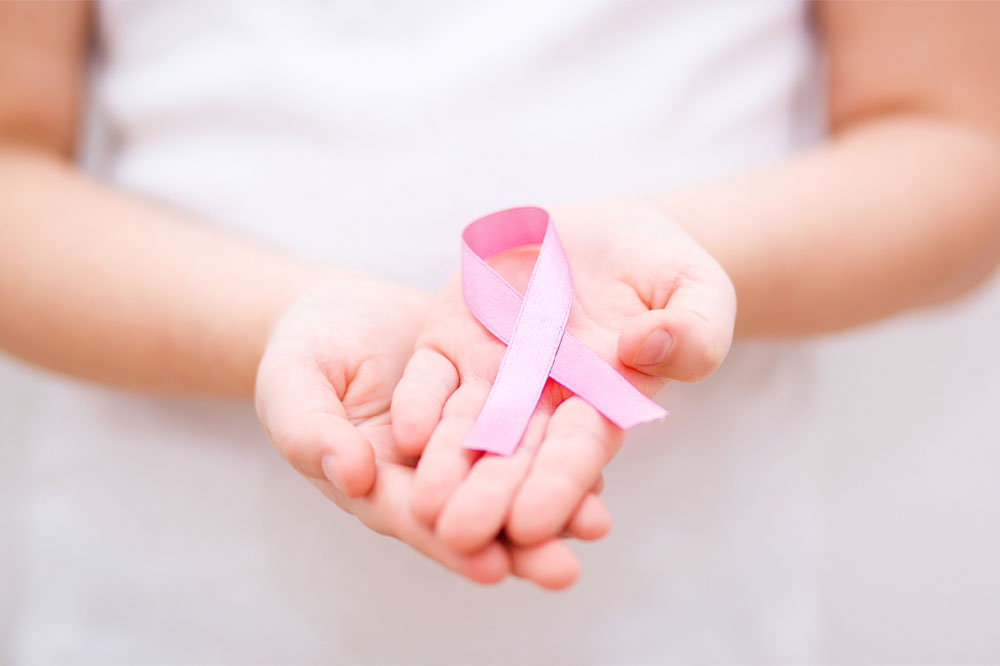Innovative Approaches in Breast Cancer Treatment
This article explores innovative breast cancer treatments, including surgery, radiation, chemotherapy, hormone, and targeted therapies, emphasizing personalized approaches and early detection for effective management. It provides essential insights to help patients understand available options and make informed decisions.
Sponsored

Cutting-Edge Strategies in Managing Breast Cancer
Advancements in medical technology have expanded the options for breast cancer treatment beyond traditional methods. With improved survival rates and earlier detection, modern medicine offers tailored approaches based on tumor size, spread, patient health, and other factors. Patients should gather comprehensive information on available treatments to determine the most suitable option. Healthcare professionals analyze each case carefully to recommend treatments aimed at effectively eliminating cancer and minimizing side effects.
This article highlights some of the most effective and innovative breast cancer therapies currently recommended by specialists.
Surgical Interventions
Breast-Conserving Surgery (Lumpectomy): Suitable for small tumors, this procedure involves removing the cancerous growth along with a margin of healthy tissue.
If the tumor is large, doctors may recommend chemotherapy beforehand to reduce its size before performing a lumpectomy.
Mastectomy: For more extensive cancer spread, complete removal of the affected breast may be advised, including tissues such as lobules and fatty tissue.
Some patients with a strong family history might opt for removal of both breasts to lower future risk, though this decision should be discussed thoroughly with your doctor.
Radiation Therapy
Involving high-energy radiation, this treatment aims to destroy remaining cancer cells after surgery. It is commonly administered after lumpectomy or mastectomy to ensure comprehensive eradication. Side effects are typically mild but can include fatigue and skin irritation.Chemotherapy
Chemotherapy employs powerful drugs to eliminate cancer cells, especially when the cancer has spread beyond the breast. It can be administered before surgery to shrink tumors or after to prevent recurrence. Side effects may include hair loss, nausea, fatigue, and rare complications affecting heart or kidney health.Hormone Therapy
This treatment blocks hormones like estrogen that fuel cancer growth, often used before or after surgery to prevent relapse. Common side effects include hot flashes and bone thinning.Targeted Therapy
A newer option, targeted therapy attacks specific genetic or molecular abnormalities in cancer cells, sparing healthy tissue. Prior testing determines its suitability for each patient.When to Seek Medical Help
The earliest sign of breast cancer is a lump or abnormal mass. If you notice any changes, consult a healthcare professional promptly. The primary goal of any treatment should be complete removal of the cancer and long-term remission.





